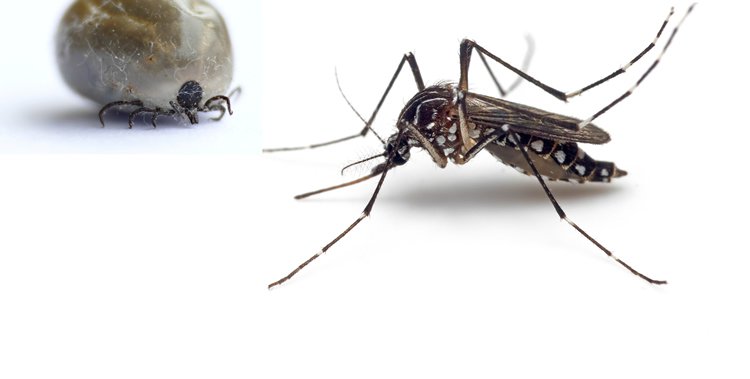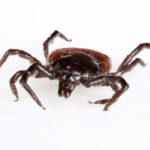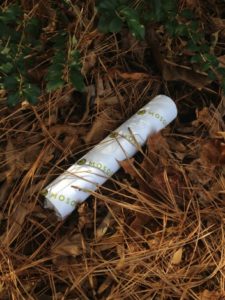Like Mosquitoes, Ticks Are At The Top Of The List For The Most Dangerous Animals On Earth
When asked to think about deadly animals, it is easy to conjure images of large predators and sharp teeth. We can thank the movies for that. But the deadliest animals that can cause the most long-term harm and havoc are actually much smaller. Vector pests, such as ticks and mosquitoes, are way up on the list due to their ability to vector disease.

With the ability to vector diseases such as Lyme Disease and Rocky Mountain Spotted Fever, the backyard tick can be considered the most dangerous arthropod in the United States.
Which Ticks Are The Most Dangerous From An Illness Perspective?

The most common ticks of medical significance include the black-legged tick (or deer tick), brown dog tick, American dog tick, and the lone star tick.
Exactly What Are Ticks?
Contrary to what you may have thought, ticks are arthropods. They are not insects. Ticks are in the arachnid family, making them more closely related to spiders and mites. Insects are commonly defined by having one pair of antennae, three body segments, and six legs.
Ticks do not have antennae and have two body segments instead of three. One of the easiest ways to distinguish ticks from insects is to count the legs. Adult and nymph ticks have eight legs, while insects have six legs. Tick larvae throw that rule out the window by only having six legs but can still be distinguished from insects by examining the body segments.
Also read: Are drought conditions conducive to tick and mosquito control?
Where Do Ticks Live?
Throughout your backyard and often found in parks and camping grounds, ticks are commonly found in tall grasses, woody/brushy areas, and leaf litter.
What else can be found in these areas? Rodents and other animals can be found there, too. All ticks feed on blood from vertebrate hosts. Mice are a good example of an extremely common host (especially for tick larvae).
Ticks cannot fly or jump, so they will not wander too far away from areas where their hosts may be found. They need carriers – think Uber for the animal world.
They wait for their host to pick them up and grasp on, a process called questing. If you find a tick well outside their typical nesting places, there is a good chance that it hitched a ride from its host.
How Can I Prevent Tick Bites?

Tick prevention is the smartest route for ongoing tick management. Take control of tick infestations by understanding where ticks are commonly found, then modify those areas to make them less appealing to ticks and their hosts.
Be familiar with tick species and their preferred hosts in your area to better target your approach. Like other pests, ticks have crawled the earth for many years and have become relatively well-known in communities across the country.
While their populations are widespread, public knowledge and awareness of the threats they pose to our health and well-being are unfortunately not as commonplace. Rather than just a nuisance or warm weather inconvenience, ticks are dangerous pests capable of transmitting debilitating diseases at increasingly alarming rates.

For this reason, proven, trustworthy tick control is an excellent idea. With a combination of a tick control barrier spray and the placement of tick tubes, this one/two powerful punch will serve you well.
For dependable, proven tick control, contact your local tick control specialist. And again, be sure that your Randolph tick control service sprays your yard and surrounds your property with tick tubes.